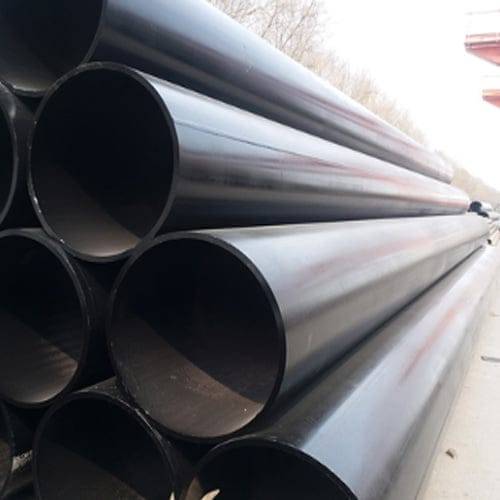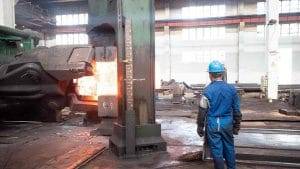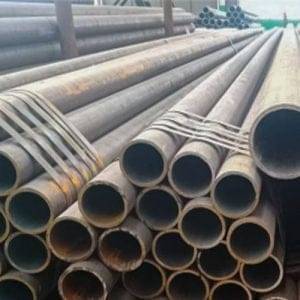Introduction

In the dynamic world of construction, the use of steel structural pipes has become pivotal. These pipes offer unparalleled strength, durability, and versatility, making them indispensable in a wide range of building projects. This blog delves deep into the manifold advantages of steel structural pipes and their diverse applications across the construction industry.
What are Steel Structural Pipes?
Steel structural pipes are hollow tubes primarily composed of steel, engineered to withstand heavy loads and provide crucial structural support in various construction applications. Available in a variety of sizes and thicknesses, these pipes are tailored to meet specific building requirements, offering flexibility in design and construction.
Advantages of Steel Structural Pipes
Strength and Durability
One of the most compelling reasons for using steel structural tubes is their exceptional strength and durability. Steel, known for its high strength-to-weight ratio, ensures that these pipes can withstand immense pressure and heavy loads. This characteristic makes them ideal for applications where structural integrity is paramount, such as in skyscrapers and bridges.
Versatility in Design
Steel structural pipes offer architects and engineers significant design flexibility. They can be easily customized and fabricated into various shapes and sizes, allowing for innovative and efficient building designs. This versatility extends to both aesthetic and functional aspects, enabling the creation of complex structures that meet specific architectural requirements.
Corrosion Resistance
Steel structural pipes are engineered to withstand corrosion through advanced coatings and alloys. This resistance to rust and degradation ensures longevity and reduces maintenance costs over the lifetime of the structure. In harsh environments or coastal regions where exposure to moisture is a concern, steel pipes provide reliable performance without compromising safety or aesthetics.
Cost-Effectiveness
Despite initial procurement costs, steel structural tubes deliver substantial cost savings over their lifecycle. Their durability reduces the need for frequent repairs and replacements, lowering maintenance expenses. Moreover, steel is a highly recyclable material, contributing to sustainability efforts and minimizing environmental impact.
Applications of Steel Structural Tubes
Steel structural tubes find widespread application in various sectors of construction:
- High-Rise Buildings: Essential for providing structural support and minimizing construction time.
- Bridges and Infrastructure: Integral to supporting heavy traffic loads and ensuring durability.
- Industrial Facilities: Used for structural frameworks, equipment supports, and conduits.
Case Studies
Several iconic construction projects highlight the effectiveness of steel structural pipes:
| Project Name | Location | Description |
|---|---|---|
| Skytower | Auckland, NZ | Used steel pipes for seismic resilience and structural support. |
| Golden Gate Bridge | San Francisco, USA | Steel pipes crucial for load-bearing and longevity in a marine environment. |
| Burj Khalifa | Dubai, UAE | Utilized steel pipes for high-rise structural stability and safety. |
These examples demonstrate how steel structural tubes contribute to the resilience and longevity of landmark structures worldwide.
Environmental Impact

Steel structural pipes offer significant environmental benefits. They are highly recyclable, with recycled steel retaining its structural integrity. By promoting sustainable building practices and reducing carbon footprint, steel pipes play a crucial role in environmentally conscious construction projects.
Conclusion
The use of steel structural pipes continues to redefine the construction landscape, offering unmatched strength, durability, and design flexibility. As technological advancements enhance steel production and fabrication techniques, these pipes are poised to remain a cornerstone of modern construction practices. Embracing steel structural tubes not only ensures structural integrity but also supports sustainable development goals for a greener future.
FAQ
Q: Can steel structural pipes be used in residential construction?
A: Yes, steel structural pipes are suitable for residential buildings, providing robust structural support and enhancing safety.
Q: How do steel structural pipes compare to materials like concrete or wood?
A: Steel pipes offer superior strength and durability compared to concrete and wood, making them preferable for many construction applications where resilience is essential.
Q: What maintenance is required for steel structural pipes?
A: Regular inspections and protective coatings are recommended to extend the lifespan of steel pipes and mitigate corrosion risks.




